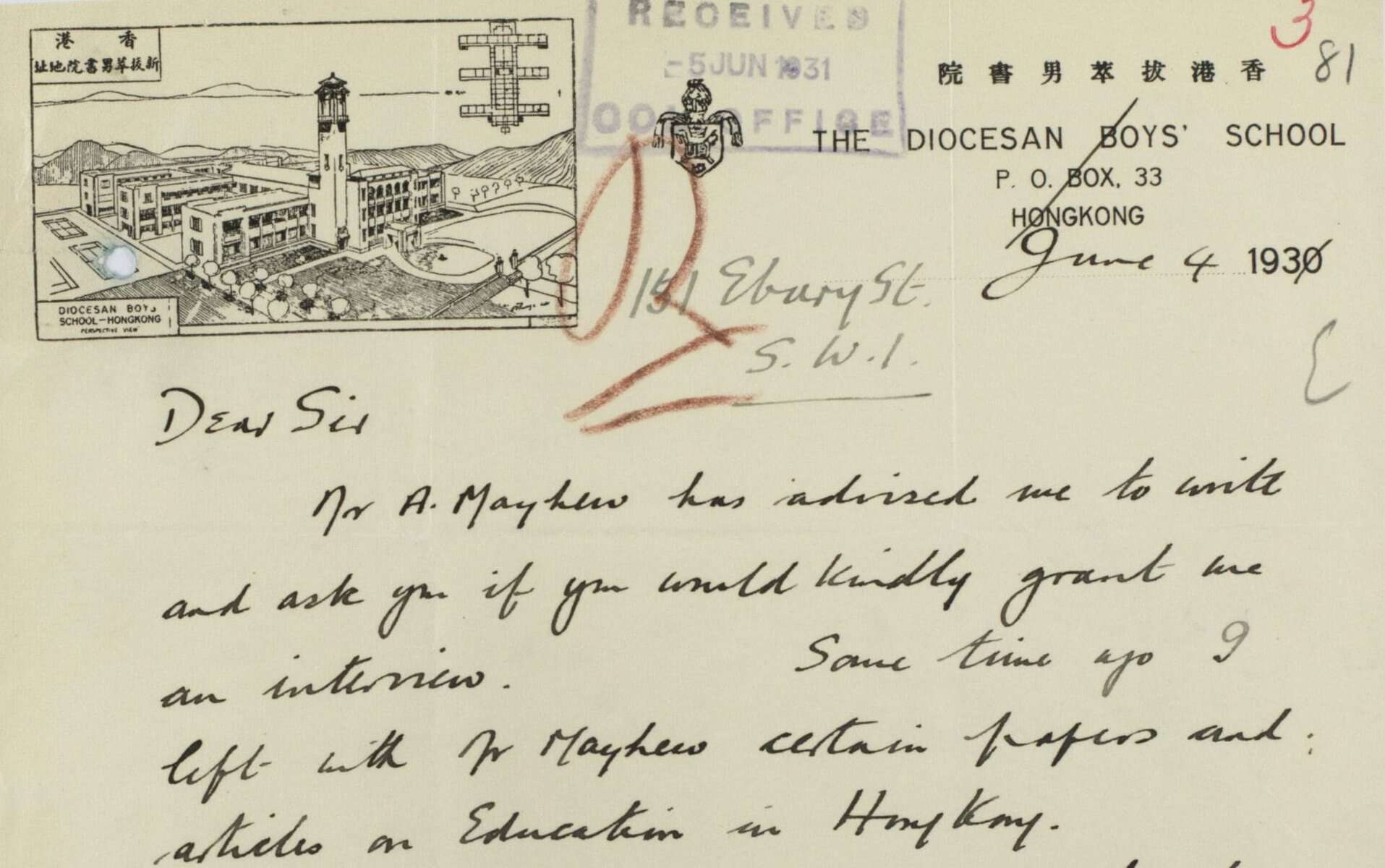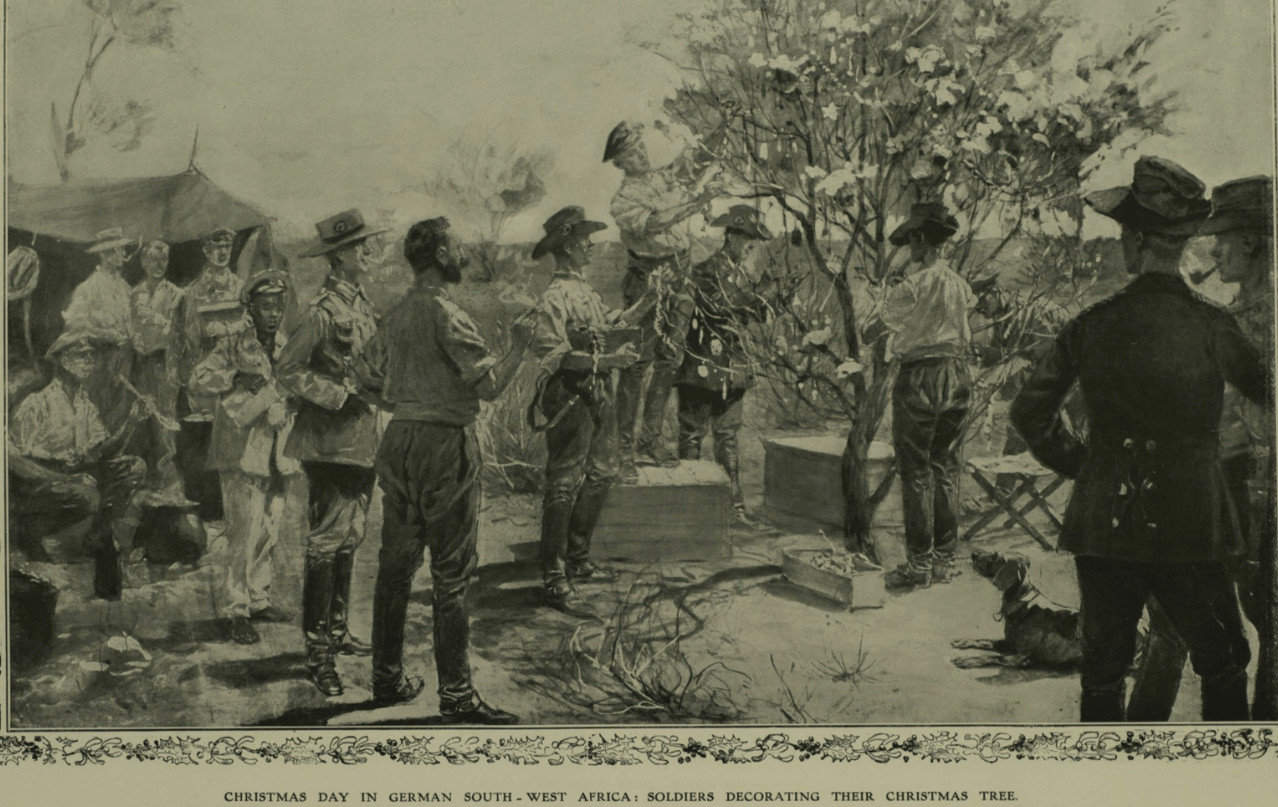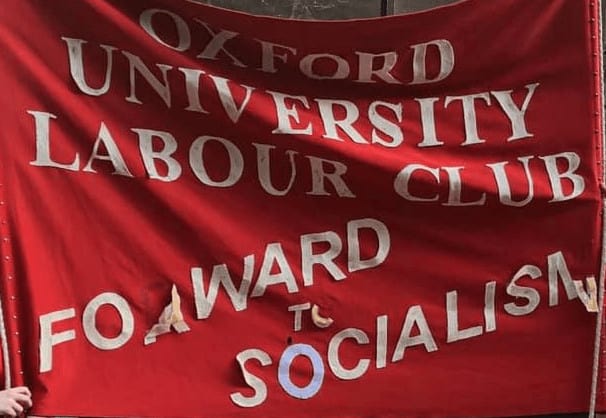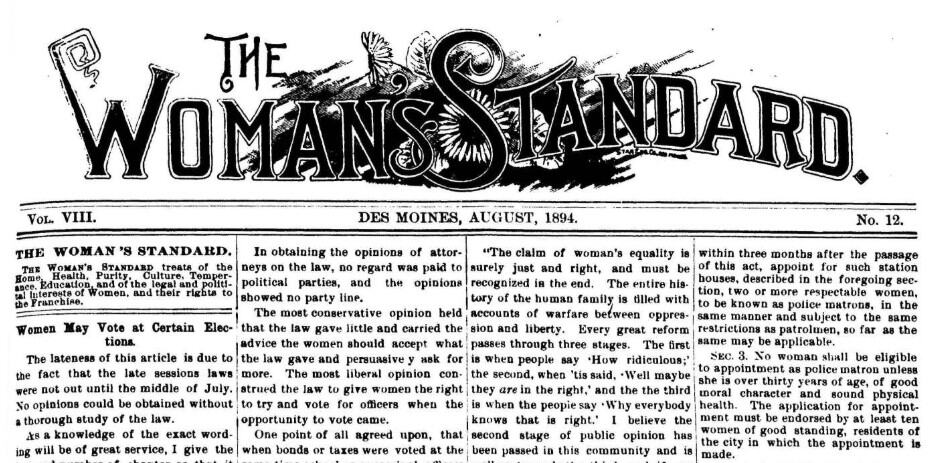│By Chloe Villalon, Gale Ambassador at the National University of Ireland Galway│
In the last decade, television series such as Dexter, Mindhunter and Bates Motel have encountered overwhelming success. Based on true events or completely fictional, the narratives are told from the investigators’ or killer’s perspective. The public is not only interested in the gory, bloody aspect of serial killing cases but the science behind understanding and catching serial killers. Many such programmes try to answer the key question: Why do serial killers kill? Using Gale Primary Sources and its many research tools, I will use this blog post to explore the topic of serial killers, considering questions such as: where does the term “serial killer” come from and what does it mean? And what is the role of the media in serial killing cases?







